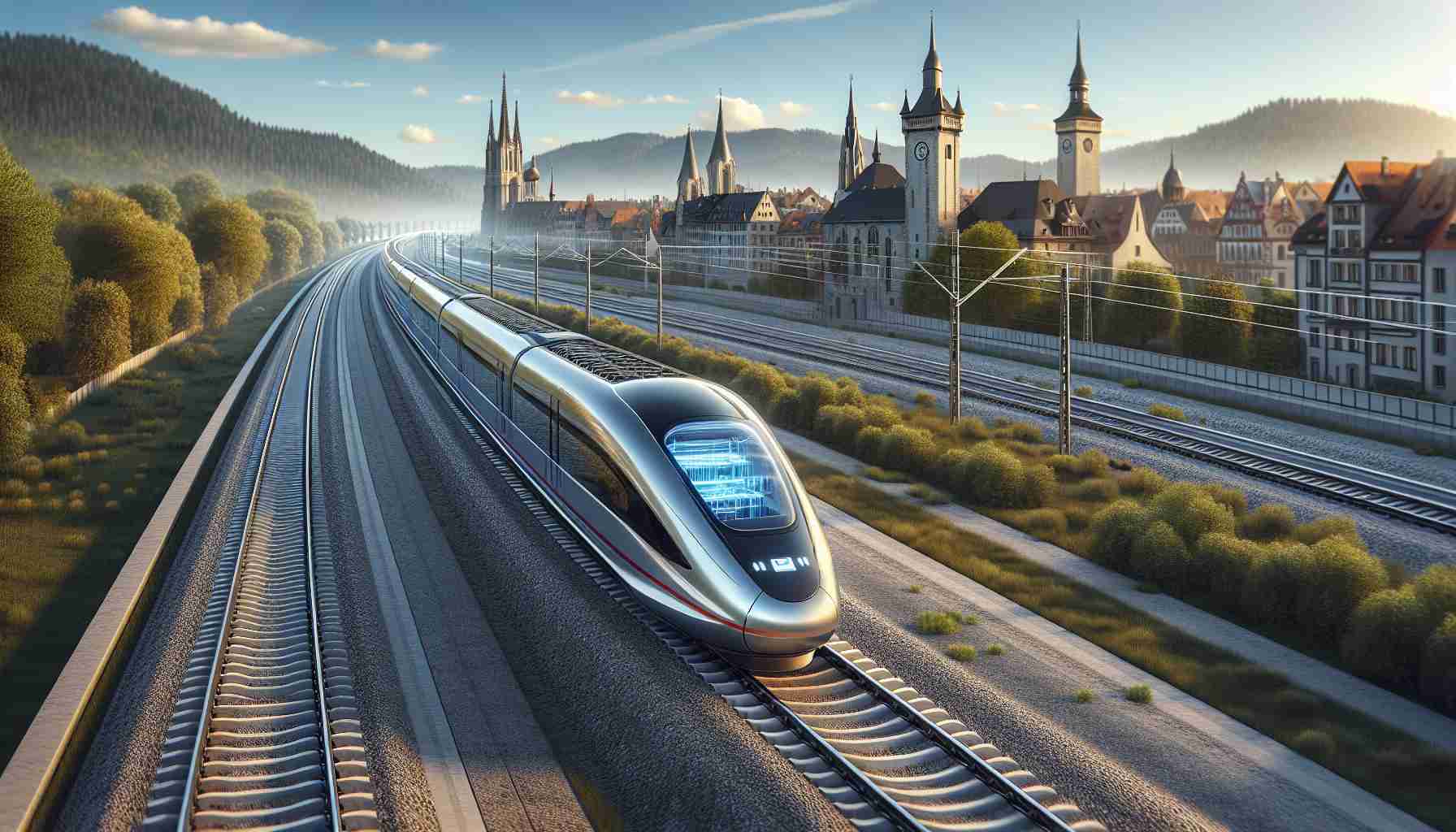The evolution of hydrogen as a clean energy source has emerged as a key player in the quest for sustainable transportation. Among the pioneers in this field is Alstom, a company known for its innovative approaches to public transit. In recent years, Alstom has made significant strides in the deployment of hydrogen-powered trains, particularly in Germany and Italy, marking a notable shift in locomotive technology.
In Germany, the introduction of the Coradia iLint™ in 2018 marked a groundbreaking moment, representing the world’s first hydrogen fuel cell train. Designed to replace diesel engines, these zero-emission trains are now set to enhance the extensive networks of public transportation, contributing to Germany’s robust sustainability initiatives. By the end of 2023, Alstom will also launch its hydrogen-train project in Italy, specifically on the non-electrified Brescia-Iseo-Edolo line. This initiative aligns with Italy’s ambition to create its inaugural Hydrogen Valley, playing a crucial role in reducing emissions in line with EU targets.
The Coradia Stream model employed in Italy not only ensures operational efficiency but also promises high passenger comfort comparable to its electric counterparts. With a range exceeding 600 km, these trains provide a sustainable alternative for regions lacking electrical infrastructure, effectively reducing dependency on fossil fuels.
While Europe makes strides in hydrogen rail technology, other global players, including China and Japan, are also advancing their hydrogen initiatives, enriching the global ecosystem of clean energy transportation. This compelling shift toward hydrogen-powered solutions not only addresses environmental concerns but also redefines the future of public transportation.
FAQ Section
1. What is hydrogen as a clean energy source?
Hydrogen is a versatile energy carrier that can be used to power vehicles and generate electricity while producing only water as a byproduct. It is considered a clean energy source because it can help reduce greenhouse gas emissions and reliance on fossil fuels.
2. What role does Alstom play in hydrogen-powered transportation?
Alstom is a leading company in the development and deployment of hydrogen-powered trains. They have made significant advancements, especially with the introduction of the Coradia iLint™, the world’s first hydrogen fuel cell train, in Germany. Their efforts focus on sustainable public transit solutions.
3. What is the Coradia iLint™?
The Coradia iLint™ is a hydrogen fuel cell train developed by Alstom, which was introduced in Germany in 2018. It is designed to replace diesel engines with zero-emission technology, contributing to environmental sustainability in public transportation.
4. What are the sustainability initiatives associated with Alstom’s hydrogen trains in Europe?
Alstom’s hydrogen trains contribute to various sustainability initiatives by providing a zero-emission alternative to diesel engines, supporting the reduction of greenhouse gas emissions. In Germany and Italy, these initiatives align with broader EU targets for reducing emissions and enhancing public transport efficiency.
5. How is the hydrogen train project being implemented in Italy?
In Italy, Alstom plans to launch its hydrogen-train project on the Brescia-Iseo-Edolo line by the end of 2023. This initiative is part of Italy’s ambition to create its first Hydrogen Valley, focusing on reducing emissions in its transportation sector.
6. What advantages do hydrogen-powered trains offer over traditional trains?
Hydrogen-powered trains, such as the Coradia Stream model used in Italy, offer advantages such as high operational efficiency, comparable passenger comfort to electric trains, and a long operational range exceeding 600 km. They provide sustainable alternatives in regions without electrical infrastructure.
7. Are other countries investing in hydrogen transportation technologies?
Yes, countries such as China and Japan are also investing in hydrogen initiatives, contributing to a global shift toward clean energy transportation. This growing interest helps create a diverse ecosystem for sustainable transport solutions worldwide.
Key Terms and Jargon
– Hydrogen Fuel Cell: A technology that converts hydrogen and oxygen into electricity, generating only water as a byproduct.
– Zero-Emission: Refers to vehicles or technologies that do not emit pollutants during operation, contributing to cleaner air and decreased greenhouse gas emissions.
– Hydrogen Valley: A designated area or initiative focused on developing hydrogen technologies and infrastructure to promote the use of hydrogen as a clean energy source.
Suggested Related Links
Alstom
European Union
